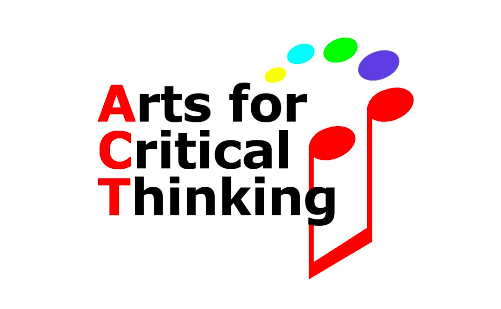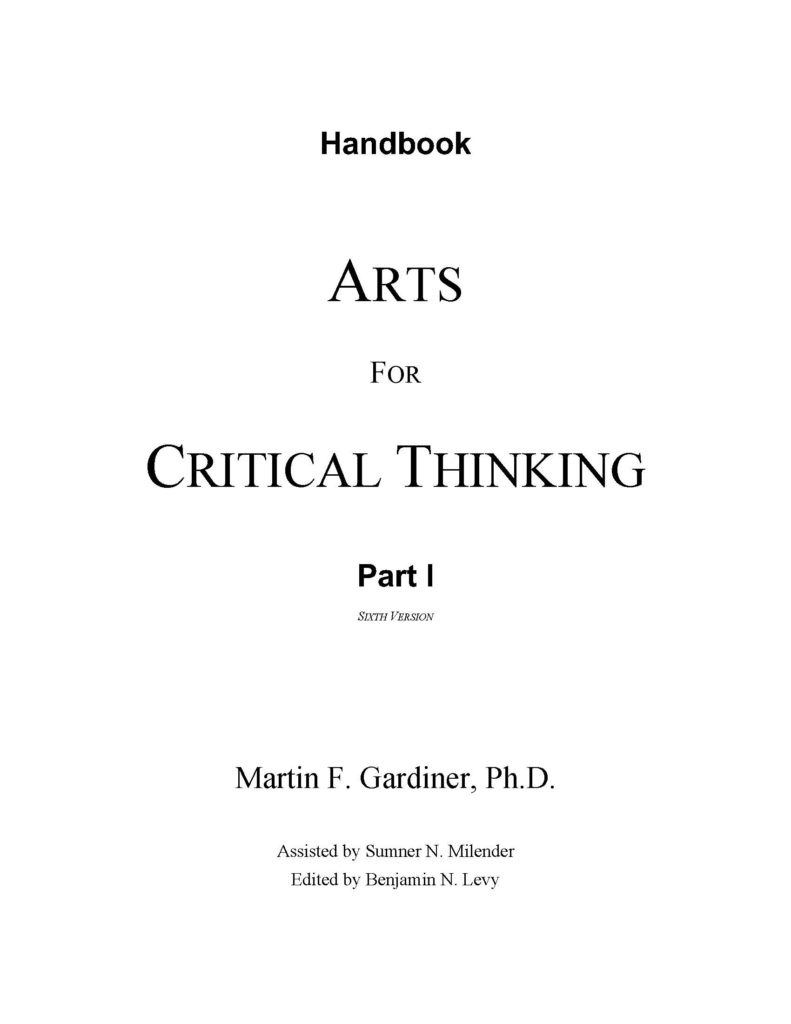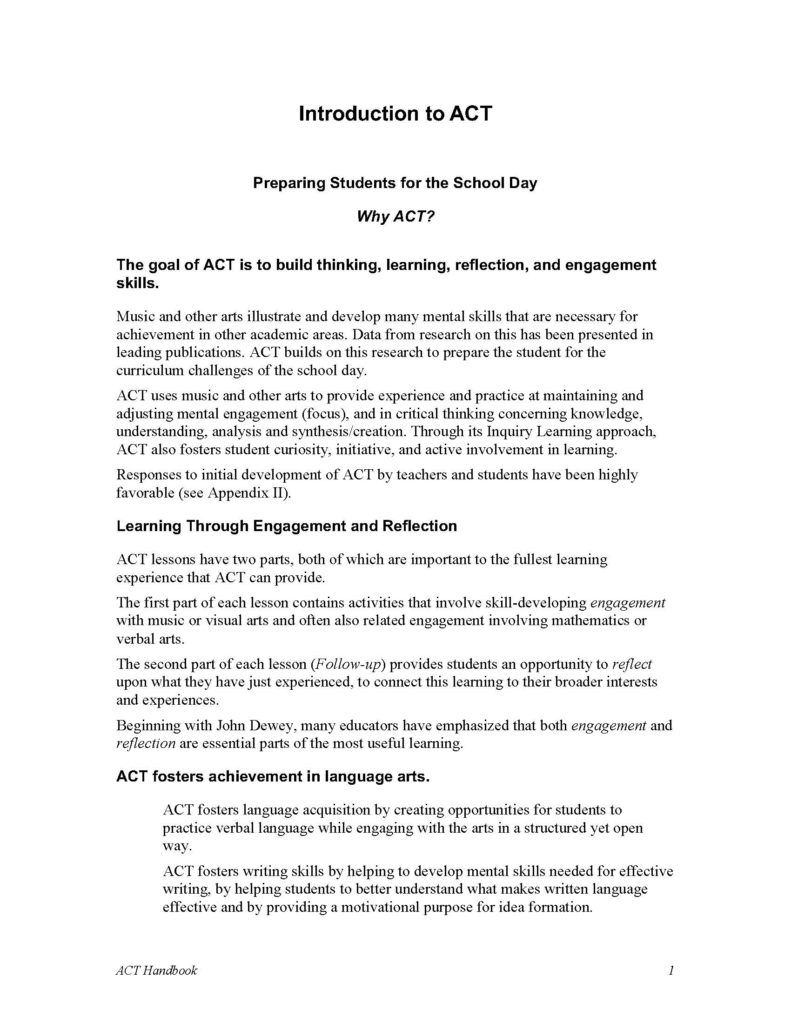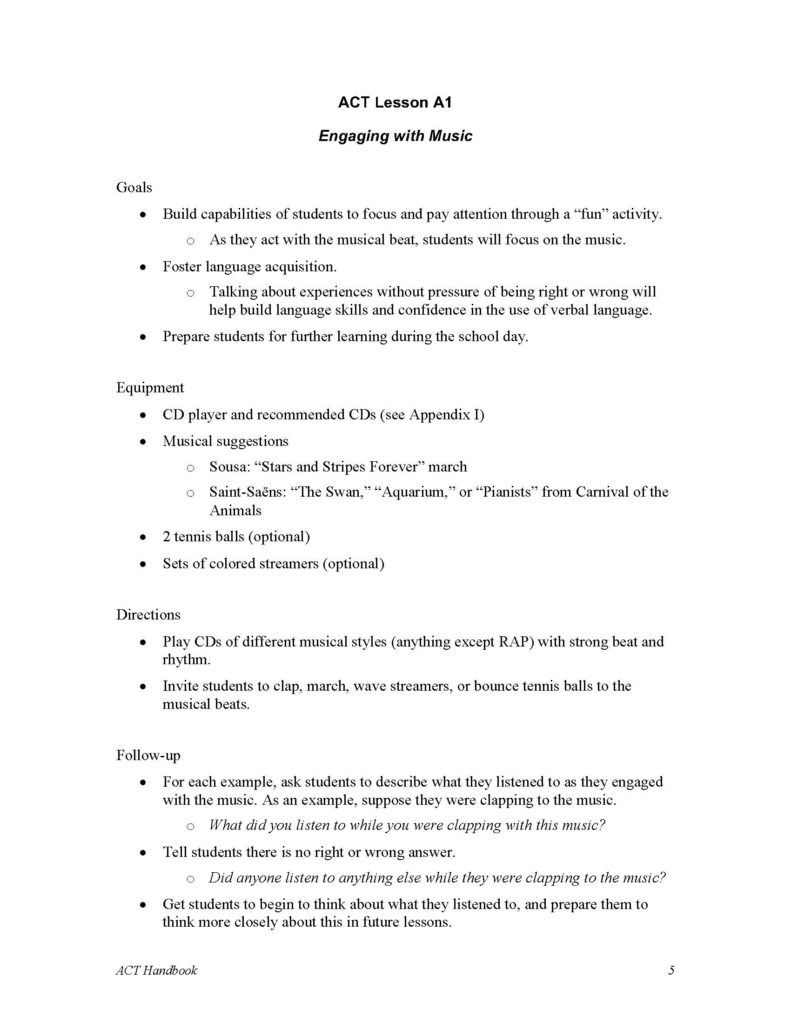Arts for Critical Thinking
CERTIFICATION PROGRAM & CURRICULUM
Take a peak inside!

The ACT Program is dedicated to Edith Morse Milender, whose vision gave life to this project.
Arts for Critical Thinking (Copyright) (ACT) is a program aimed at helping teachers educate their students more effectively.
One great advantage that music and other arts bring to the task of educating children is the great pleasure these activities so often generate. Engaging in artistic activity is fun. Once children discover that it is even more fun to engage in artistic activities with skill, they will try hard to increase their enjoyment by becoming even more skillful at the activity.
Students must learn how to use their minds skillfully, of course, not only for the arts but for every area of skill, whether baseball, language arts, or mathematics. But there is growing evidence from current research that, as children develop specific skills at the arts, they become better at developing capability in other areas of skill – sometimes in mathematics, sometimes in language arts, sometimes in both. The best explanation for this is that every gull skill combines many elements, and the arts often incorporate some components of mental skill that are also used, though not entirely in the same way, in other applications of mental skill. That arts, then, can provide opportunities for students to learn, practice, and develop ways of thinking skillfully that can aid their learning not only in the arts, but also beyond the arts.
The ACT project develops teaching opportunities that build from this research. Elementary school students must learn not only facts, but also how to use their minds, to engage mentally with each area of their learning. ACT lessons show how to use music and visual arts to illustrate and help students develop mental skills they need in more general learning, and then to adapt these skills to math and language arts in the elementary grades.
ACT lessons are not intended to make every classroom teacher into a music and visual arts specialist; they do not diminish the importance of the music and visual arts specialists to elementary school training. ACT provides classroom teachers opportunities to use skillful engagement with the arts to support their general classroom teaching. These lessons are designed to be complete, but initial experiences with music and visual arts skills provided by ACT can stimulate a desire in many students to further develop their musical and other arts capabilities. If music and visual arts specialists are available, and can coordinate their teaching with ACT lessons by classroom teachers, students will build still deeper connections between arts skills and other academic skill learning. Classroom teachers should be aware of the potential values of further training in the arts so that they coordinate their teaching to benefit from it when it is available.
One significant reason for further training is the importance to every individual of arts for their own sake. Almost everyone finds value in some aspect of music or visual art, and all would find their world much less hospitable without music and visual art. Music and other arts enrich life intellectually, emotionally, and socially. Every student deserves initiation into music and other arts as part of a complete education. But the broader impact of arts skill training on other learning should be ignored. Research suggests that connections between skill learning in the arts and in other areas of skill come from similarities in the way the brain supports skill in different areas of application.
Additional training in the arts by specialists, in coordination with ACT, can be expected to increase the impact in both directions. Arts training should enhance the impact of ACT lessons on other classroom learning, and other classroom learning should make the work of the music and visual arts teachers easier as well. The evidence implies a win-win situation.
Martin F. Gardiner, Ph.D.
Center for the Study of Human Development
Brown University
Providence, Rhode Island



